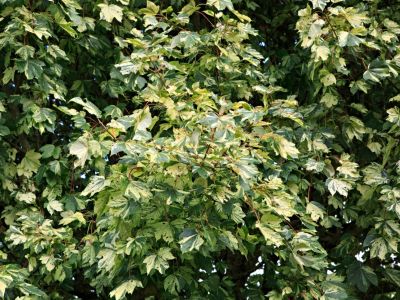What is Tree Ivy?
Fatshedera lizei tree ivy, also known as bush ivy, is a rapid grower attaining heights of up to 8 to 10 feet (2-3 m.). So what is tree ivy anyway? Tree ivy is a hybrid of Fatsia japonica (Japanese aralia) and Hedera helix (English ivy) and was discovered in France. From the family Araliaceae, this plant has large, 4 to 8 inch (10-20 cm.), five-fingered lobed leaves and, like other ivies, has a vine-like growth habit.
How to Grow a Tree Ivy Houseplant
Indoor requirements for tree ivies are fairly simple. This evergreen needs indirect light, although it may be grown in full sun in cool coastal regions in the northern climates. Fatshedera lizei tree ivy is also partial to acidic or slightly alkaline loam or sandy soil medium kept slightly damp and with adequate drainage. A lovely variety of tree ivy is Fatshedera variegatum, which as the name indicates is a variegated cultivar with cream streaked leaves. It is a slower growing plant and only attains a height of about 3 feet (around 1 m.). For the indoor requirements for tree ivies of this variety, you should up the temperature and lighting versus those of the Fatshedera lizei tree ivy houseplant. Avoiding overwatering and overly warm temperatures to prevent leaf drop are also indoor requirements for tree ivies. The plant becomes dormant around October and water should be cut back at that time to prevent leaf drop or brown leaves.
Tree Ivy Plant Care
Another “how to grow a tree ivy houseplant” tip is to prune! Left unchecked, Fatshedera lizei tree ivy will get rangy and out of control. While you may simply use it as a large foliage floor plant, do so only if you are willing and able to maintain a regular pruning regime. Tree ivy can, however, be trained as an espalier or grown along a trellis, post, or most any vertical support. To train your tree ivy houseplant, pinch off new growth to promote branching, as stems do not usually branch of their own accord. Fatshedera lizei tree ivy is not prone to pests or disease which would cause significant damage beyond aphids or scale. Propagation of tree ivy is brought about through cuttings. Should the plant become leggy, top the ivy and use it for propagation. Multiple plantings should be spaced 36 to 60 inches (91-152 cm.) apart.
